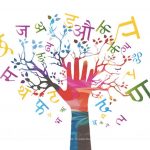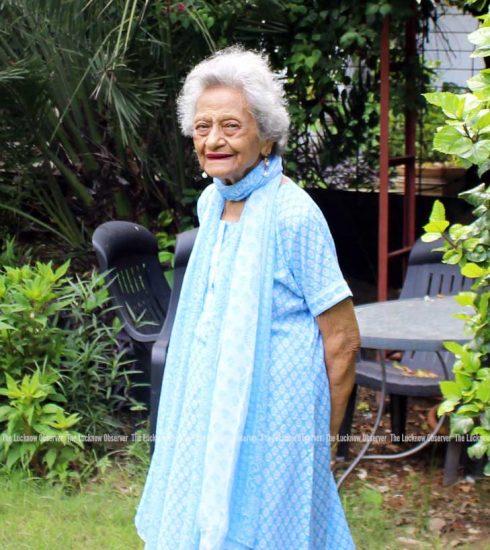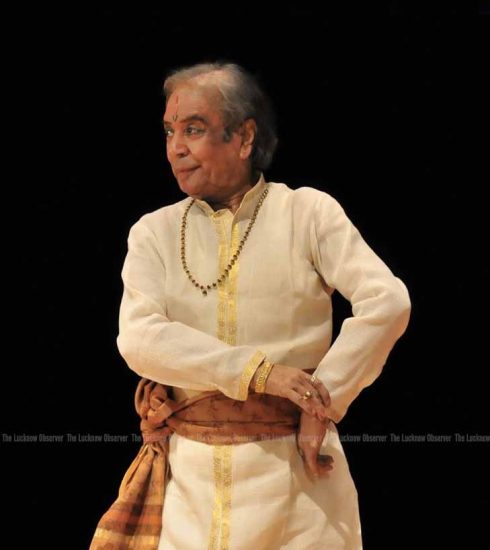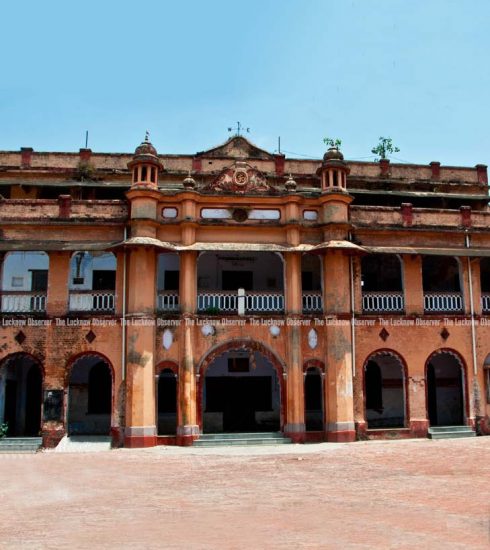An Honor to Philosophy
Dr. Sarvapalli Radhakrishnan
Guru Brahma, Guru Vishnu, Guru Devo Maheshwaraya; Guru Sakshat Param Brahma, Tasmay Sri Gurudeva Namah (A teacher is equivalent to God, and he should be regarded and respected). This quote from the Sutra literature defines the greatness of a teacher. No one knows where the influence of a teacher stops, because the impact of his words on his students is beyond all bounds and even eternity. Even Lord Rama and Lord Krishna had a guru. Undoubtedly, one of the noblest professions, a teacher touches the lives of his pupil like none other. He is a role model; he embodies the set of principles, which a scholar willfully aspires for. Today, we live in a world that changes rapidly and the sense of stability, which marked the lives of our fore fathers, seems to have vanished overnight. In this confusing scenario of rapidly changing values the foundations, which are nurtured in a child, his upbringing and his social grooming have risen to be of utmost prominence to the teachers and guardians alike. On the brim of 53rd Teachers Day lets remember the profound son of India who gave this day and its relevance to us.
Across the globe Teacher’s Day is celebrated on October 15, but in India, this important day is celebrated on September 5, the birthday of Dr. Sarvapalli Radhakrishnan, an extraordinary academic philosopher, India’s second President. Dedicated to the memory of this Philosopher, President of Indian Republic, the occasion is looked forward to by students and teachers alike. It provides an opportunity to take a moment and thank some of the most important people in our lives, the ones who impart knowledge and instruct us. Dr. Radhakrishnan once said; “The end-product of education should be a free creative man, who can battle against historical circumstances and adversities of nature.”
Born in a small town of Madras Presidency to a poor Telugu family on September 5, 1888, Dr. Radhakrishnan an intelligent and diligent student was awarded scholarships and accolades throughout his student life. He graduated from Madras Christian College with a degree in Philosophy and got his thesis published when he was only 20 years old. In 1918, he was selected as a Professor of Philosophy in the University of Mysore. Some years down in his academic trend, he became the Principal of Harris Manchester College and later, in 1931, was knighted by George V for his commendable services to education. However, he did not use the title and chose to be addressed by his academic title of Doctor.
For Dr. Radhakrishnan, the issues of education and nationalism were intertwined, and he believed that a good and complete education would not only expedite the development of the individual but will be the only responsible and practical means for creation of Indian solidarity and a progressive nation.
Amazingly down to earth, intellectually elevated, greatly admired and loved as a teacher, Dr. Radhakrishnan was approached by his students after he became the President of India, with the request to celebrate his birthday, September 5. With utmost modesty he replied that it would be his proud privilege if instead of just as his birthday, September 5 was observed as Teachers’ Day across the country. The request clearly showed Dr. Radhakrishnan’s love and dedication towards his teaching vocation. Thereafter since 1962, 5th September officially gets celebrated as Teacher’s Day.
The British philosopher and mathematician Bertrand Russell had called Dr. Radhakrishnan’s appointment as ìan honour to philosophy. “He quoted that ìPlato aspired for philosophers to become kings and it is a tribute to India that she should make a philosopher her President.”
Dr. Radhakrihnan’s greatness laid not only in his exemplary philosophical approach. As a teacher and academician, he did everything to promote the relevance of Indian thought in an age that was stressed by Western thought, especially in the aspects of materialism. He relentlessly propagated the greatness of Indian traditions but at the same time ensured that positiveness of the other school of thoughts too should flourish.
Remembering this great son of India, we as teachers and scholars alike, must ponder on strengthening of our education system, its universality, and its penetration in our society and add to the affect of its outreach. In his last speech, Dr. Radhakrishnan in 1967 on Republic Day, called on to the leaders of the nation and teachers of the young India; ìhave a clear vision of the future of the country and not be content with their own individual comfort and survival.î Decades have passed since, yet the message is relevant more than ever, to people in every walk of life.
Kaamna D. Shukla
Writer is an avid blogger and Lucknow enthusiast
(Published in The Lucknow Observer, Volume 2 Issue 18, Dated 05 September 2015)









